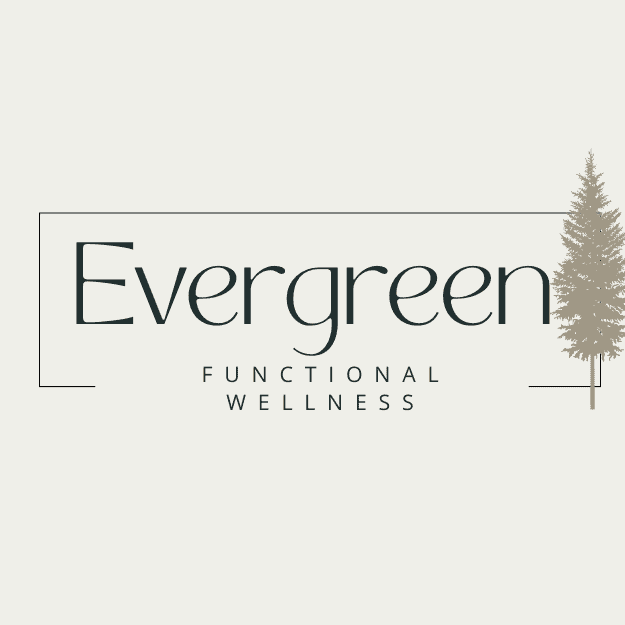Today, we dive into something profoundly personal yet universally challenging—transforming limiting beliefs. At Resilient Vitality, we approach health with deep awareness and intentional action, both essential tools on every woman’s journey toward well-being.
Have you ever been held back by a deep inner critic? A voice that insists you must be perfect or do more to truly be valued? These aren’t just fleeting thoughts; they are limiting beliefs that weigh heavily on us, often so ingrained that they feel like part of who we are.
I remember many times when my own inner critic kept me in a state of constant overwhelm, striving for impossible perfection. It affected every aspect of my health—physical, emotional, and spiritual. This experience isn’t unique to me; it’s a common story among us. But together, we can challenge these narratives. Awareness isn’t just enlightening—it’s empowering.
Let’s explore these hidden anchors, understand their impact, and embrace practical ways to shift our mindset. By nurturing resilience and vibrant health, we can transform these critical whispers into voices of strength.
Understanding Limiting Beliefs
Limiting beliefs often take root early in our lives, influenced by societal messages, family expectations, and personal experiences. They form an internal narrative that subtly dictates what we believe we can or cannot achieve, shaping our self-perception in various aspects of life.
Common Limiting Beliefs Among Women:
- “I must be perfect to be accepted.” This belief might manifest in over-preparing for meetings, excessively double-checking work, or hesitating to share opinions unless they’re perfectly formulated.
- “I am not enough unless I am doing everything.” This can lead to overcommitting—saying yes to every request, filling every moment with activities, and feeling guilty during moments of rest.
- “I cannot achieve success without sacrificing my personal life and health.” Believing this might cause you to miss out on quality time with loved ones or neglecting personal needs for optimal health.
These beliefs are more than just thoughts; they are deeply embedded patterns that influence our daily decisions and how we interact with others. They can lead to behaviors that reinforce the belief, creating a cycle that limits our potential and diminishes our well-being.
How Limiting Beliefs Affect Us:
- Stress and Anxiety: Constantly striving to meet unattainable standards can result in chronic stress and anxiety, leaving you feeling overwhelmed and exhausted.
- Low Self-esteem: Perpetual feelings of inadequacy can erode your confidence, making you doubt your abilities and worth.
- Physical Health Issues: The stress from these pressures doesn’t just stay in our minds—it often manifests physically, impacting everything from digestive health to hormonal balance.
Recognizing these patterns is the first step toward transformation. It’s about seeing these beliefs not as truths, but as barriers we can dismantle to lead healthier, more fulfilled lives.
Reinforcing New Beliefs
To ensure the transformative changes in our mindset truly take root, daily engagement with emotionally rich practices is key. Here’s how you can effectively integrate and reinforce your empowering beliefs every day:
1. Daily Affirmations with Believability: Choose affirmations that resonate deeply with who you aim to become and believe them possible deep into your soul. If you can’t believe them then ask yourself why? What are you choosing to believe about yourself that stops you from believing? Position these affirmations in places you frequent throughout your day—like your workspace or on your phone. Speaking these affirmations aloud with conviction reinforces their reality, gradually reshaping your subconscious beliefs.
2. Visualization Techniques That Evoke Emotion: Dedicate time each morning or evening to visualize your future self who embodies the qualities you aspire to develop. Focus on the emotions—how does it feel to possess confidence, serenity, or resilience? Engaging your emotions in these visualizations makes the experience more vivid and impactful, enhancing your belief in your capacity to achieve these states and anchor in the embodiment in the present moment.
3. Reflective Journaling: End each day by journaling about instances where you lived according to your new beliefs and also about moments where you faced challenges or blocks. This process helps you understand and release any underlying patterns that might be holding you back. Documenting both your progress and the obstacles provides a comprehensive view of your journey, offering insights into how best to move forward. Use this time to get curious, keep asking those important questions.
4. Mindfulness: Incorporate short sessions of mindfulness into your routine to support a calm and receptive state of mind. Focusing on the present moment enhances your ability to remain grounded and connected to your intentions. Being grounded allows you a safe space to do this important work.
Conclusion: Sustaining Change
By embedding these emotionally charged practices into your daily routine, you create powerful habits that support lasting change.
Consistency is not just about repetition; it’s about cultivating an emotional connection to the changes you’re making, ensuring they last.
As we wrap up, I want to share a personal reflection. When I first started confronting my own beliefs about perfectionism, it felt overwhelming. But by embracing the discomfort and having the courage to challenge these beliefs, I’ve discovered a strength I never knew I had. I encourage you to take the first step today. Start small, perhaps with becoming more aware of these thoughts and starting to challenge them. Remember, this journey is unique to each of us, but you’re not alone.
I’d love to hear what resonated with you in this post. What steps will you take today towards transforming your beliefs? Let’s continue this conversation in the comments below or feel free to reach out directly.
Sending you love on your journey,
Monica
